Apple's sprint toward the future just tripped in one of its biggest markets. The iPhone Air, Apple’s boldest design statement so far, is facing an unusual delay in China that puts innovation and regulation on a collision course.
The Verge reports that Apple postponed mainland China preorders that were supposed to start today, Sept. 12, 2025. Instead of the usual perfectly timed global rollout, Apple’s China store now reads, "release information will be updated later." The snag, according to MacRumors, is structural. The iPhone Air is eSIM-only worldwide because the phone is simply too thin to fit a physical SIM tray. Too thin for a SIM, too thick with regulatory hurdles.
Why eSIM-only design creates China complications
The Air’s ultra-slim frame, 5.6 mm according to research data, is the kind of engineering Apple loves to show off. The trade-off is real. No SIM tray means eSIM or nothing.
As The Verge notes, eSIM has been limited in mainland China, and phones built for the local market still ship without it. That mismatch turns a design triumph into a logistical snarl.
The gap is stark. The Verge reports that none of Apple’s previous iPhones support eSIM in China, and neither do the three iPhone 17 models. Air would be first through the door, but the hinges are not installed yet.
Elsewhere, the runway looks clearer. Business Standard says European retailers wrapped eSIM training last week, a reminder of how uneven global adoption is and how carefully Apple has to thread the needle.
The regulatory approval maze
Apple is not sitting on its hands. Business Standard reports Apple told Chinese media it is "working closely with regulatory authorities to bring it to China as soon as possible," and that China Mobile, China Telecom, and China Unicom will support eSIM once approvals land.
Even so, the map is messy. The Verge points to Apple’s support page, which currently lists that China Mobile, China Telecom, and China Unicom will provide eSIM support, subject to regulatory approval; reporting notes China Unicom had been the only carrier live so far. One carrier live, others queued, strategy complicated.
Movement is visible, timing is hazy. Business Standard says China Telecom’s rollout awaits final signoff from the Ministry of Industry and Information Technology, expected "very soon." SCMP adds that China Mobile posted on Weibo that it had "enabled eSIM services for mobile phones," with launch details to follow.
Then there is the on-the-ground work. Business Standard notes Apple-authorized resellers in Guangdong have not received eSIM training yet, a recipe for customer headaches if approvals outpace readiness.
Thinking of importing? Not so fast. Business Standard reports iPhone Air units bought outside mainland China cannot install local carrier eSIM profiles, which shuts the back door.
What this means for Apple's broader strategy
This is not just a calendar slip. It is a preview of the friction Apple will face as it leans into eSIM-only devices. Air is not an incremental tweak; it is a bet on a thinner, cleaner phone where old parts get redesigned or tossed.
The stakes are big. Business Standard cites IDC saying the iPhone Air should account for "well over" 5% to 7% of Apple’s global shipments of Plus-sized models, which translates to millions of units if delays drag.
There is demand for razor-thin hardware. Business Standard points to Samsung’s S25 Edge, 5.8 millimeters, which sold about one million units within its first month. People love thin phones. They will wait, within reason.
Meanwhile, the rest of Apple’s lineup rolls on. SCMP confirms iPhone 17, 17 Pro, and 17 Pro Max stay on schedule, with preorders starting Friday evening and deliveries beginning Sept. 19, 2025.
The delay lands during a hot streak. Business Standard says Apple just posted its strongest quarterly revenue growth in more than three years, up 9.6% to 94 billion dollars, and guided to mid to high single-digit growth that topped expectations.
Emerging markets add urgency. Business Standard projects iPhone shipments in India to rise 25% to 14 to 15 million units in 2025. Delays in any major market, China especially, now carry more weight.
The road ahead, timing, and market impact
Bottom line, the Air delay shows how hard it is to balance cutting hardware with tightening rules. Apple is betting on phones with fewer physical parts. Regulations are not everywhere ready for that future.
The staggered rollout is unusual for Apple, a company that loves synchronized launches. Europe has trained retailers. Other regions are cruising. China is cautious, so Apple needs a new playbook for a patchwork window.
There are signs of progress, not a clock you can set your watch by. From China Unicom’s early eSIM support to wider carrier commitments and internal testing, the pieces are moving into place, but approvals move at their own pace.
If you want the Air for its look and feel, the wait will sting. That MacRumors-noted Grade 5 titanium frame and glossy, mirrored finish are the kind of details that sell themselves. My read, this is a speed bump, not a detour. Apple tends to pull markets toward its vision, even if it takes a few extra loops through the approval lane.




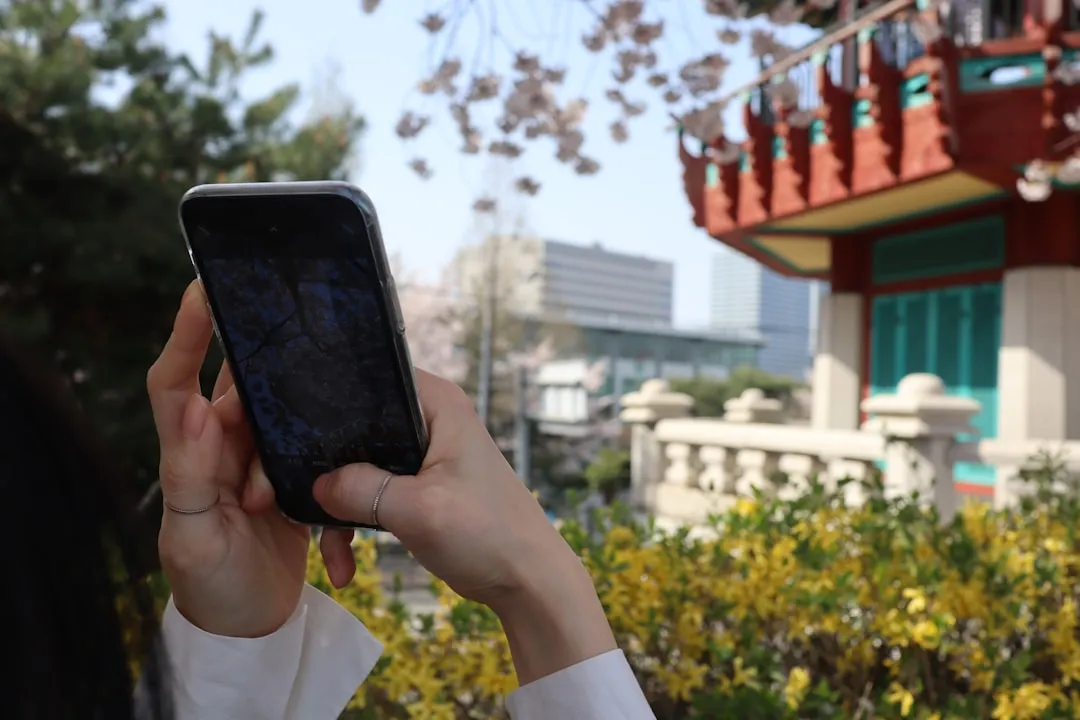


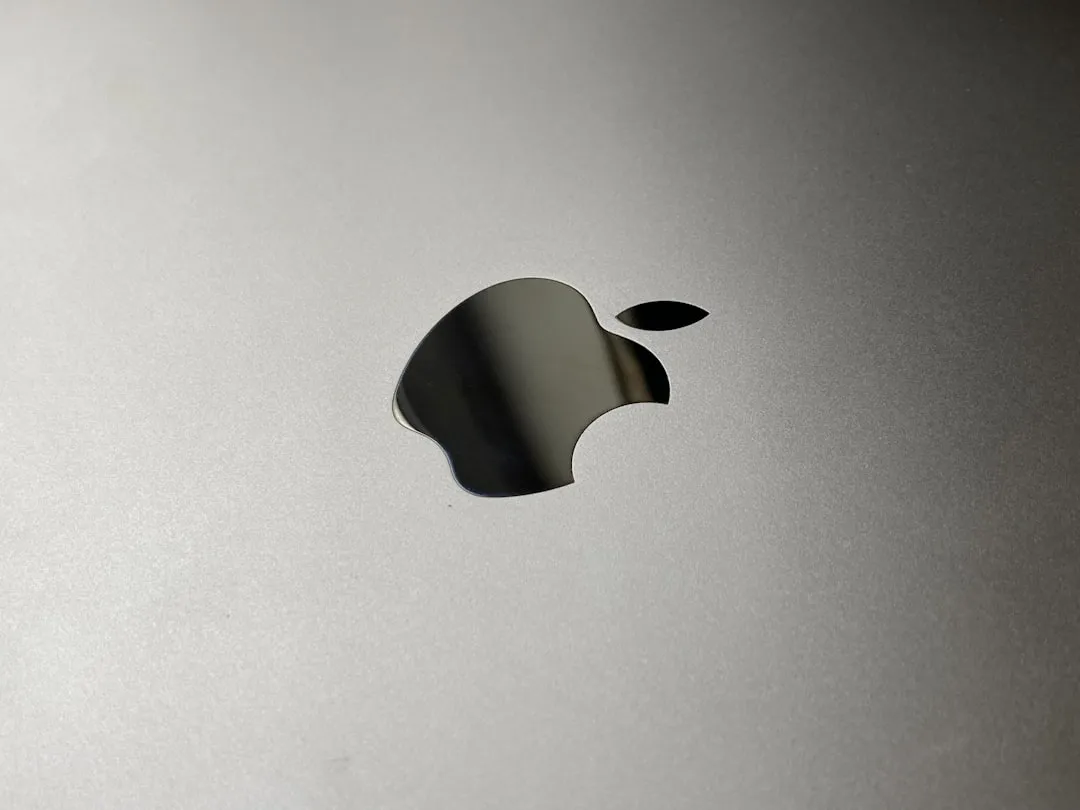
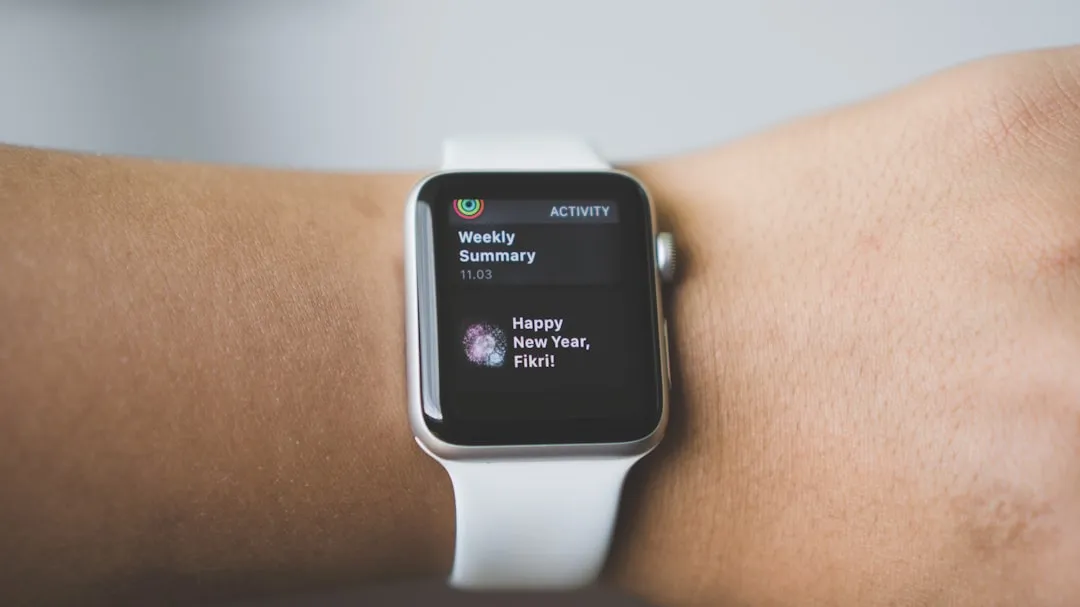
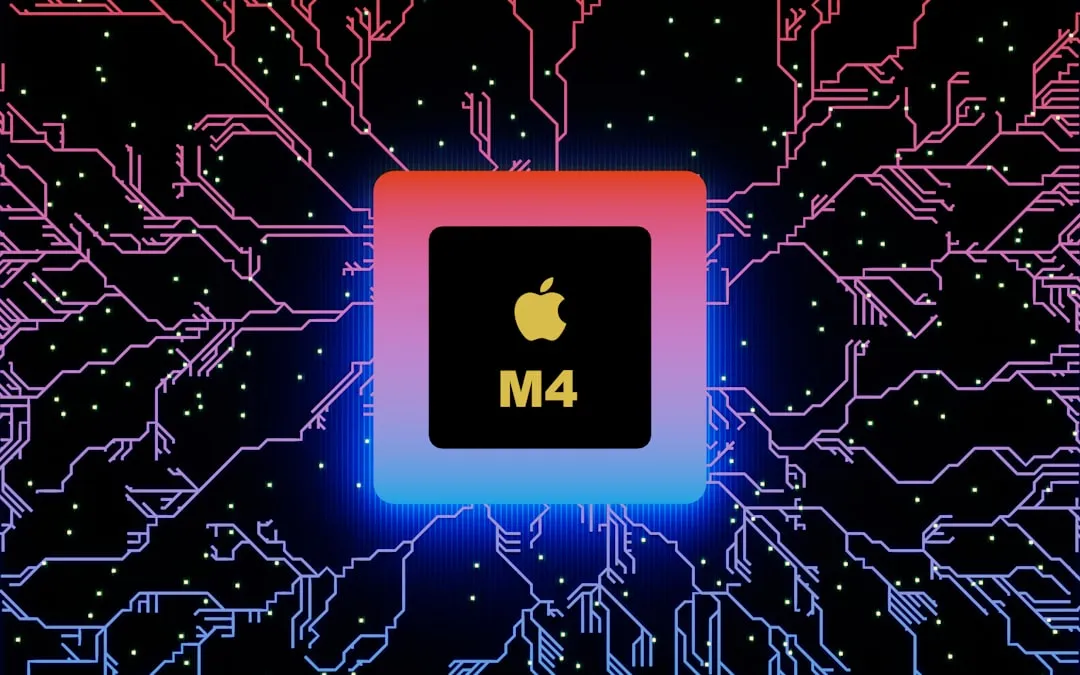



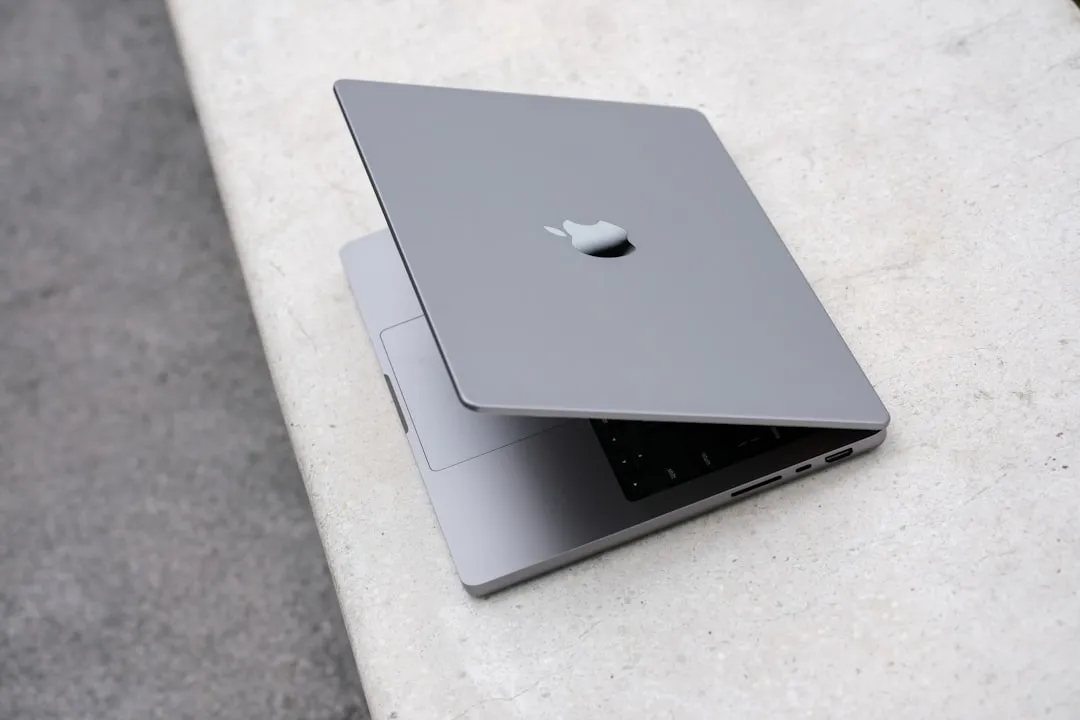
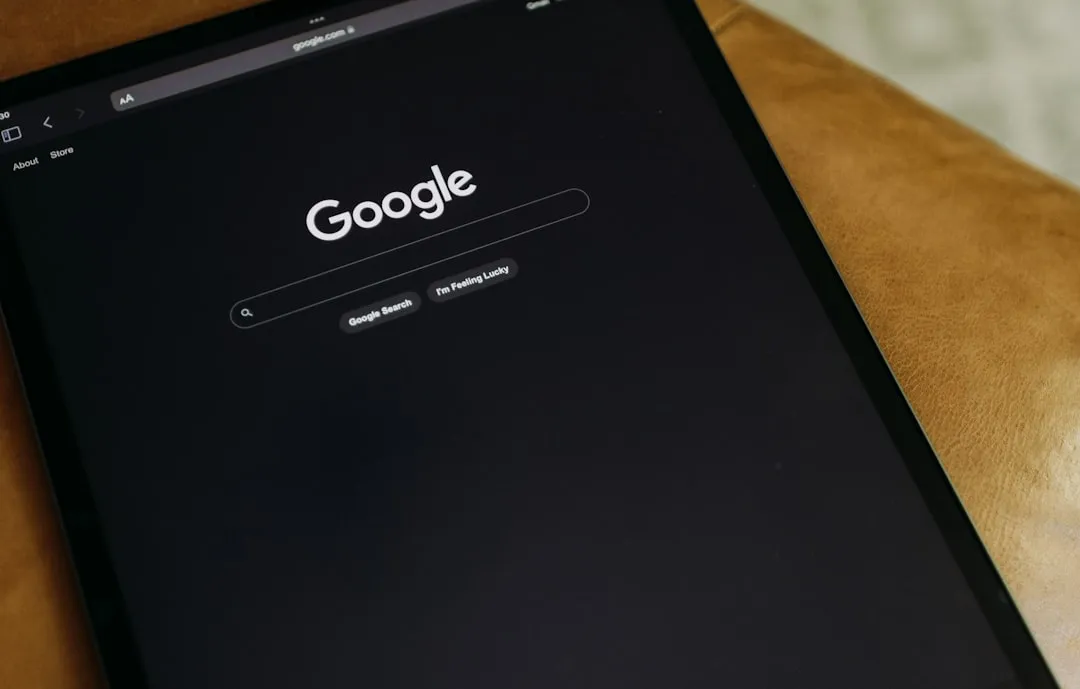

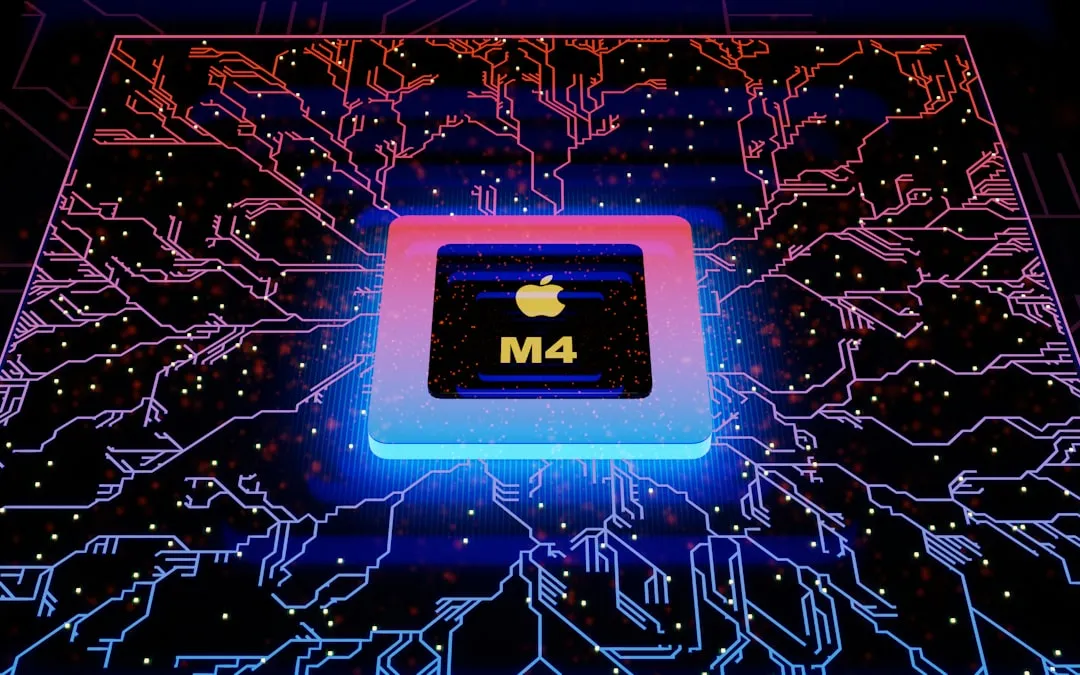

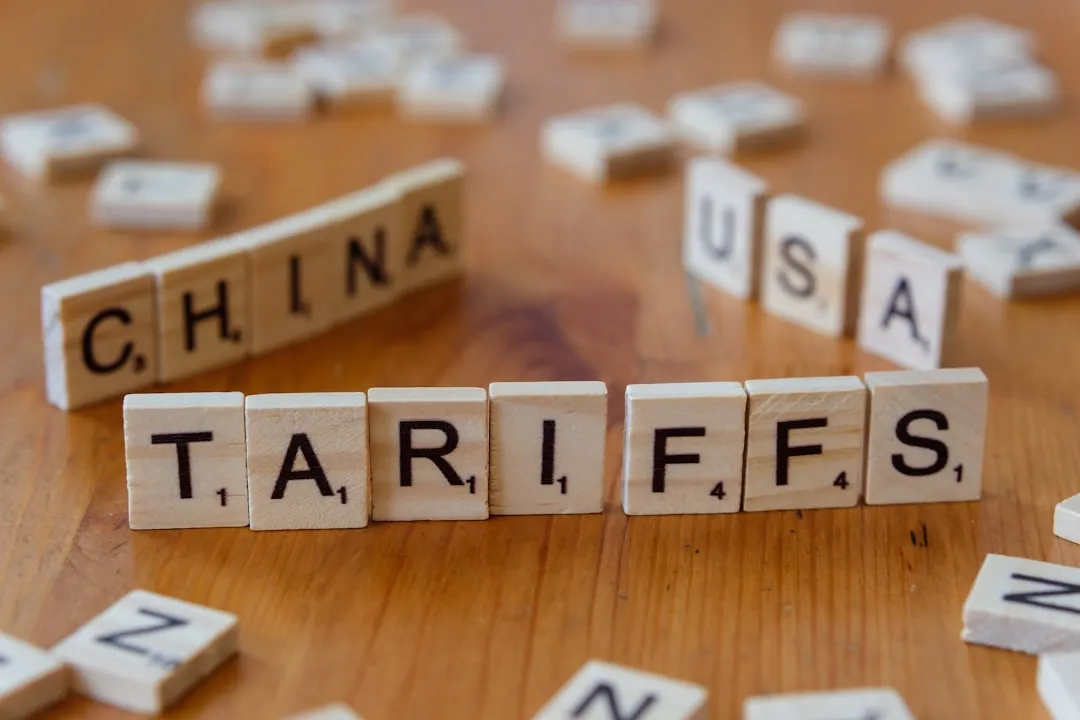
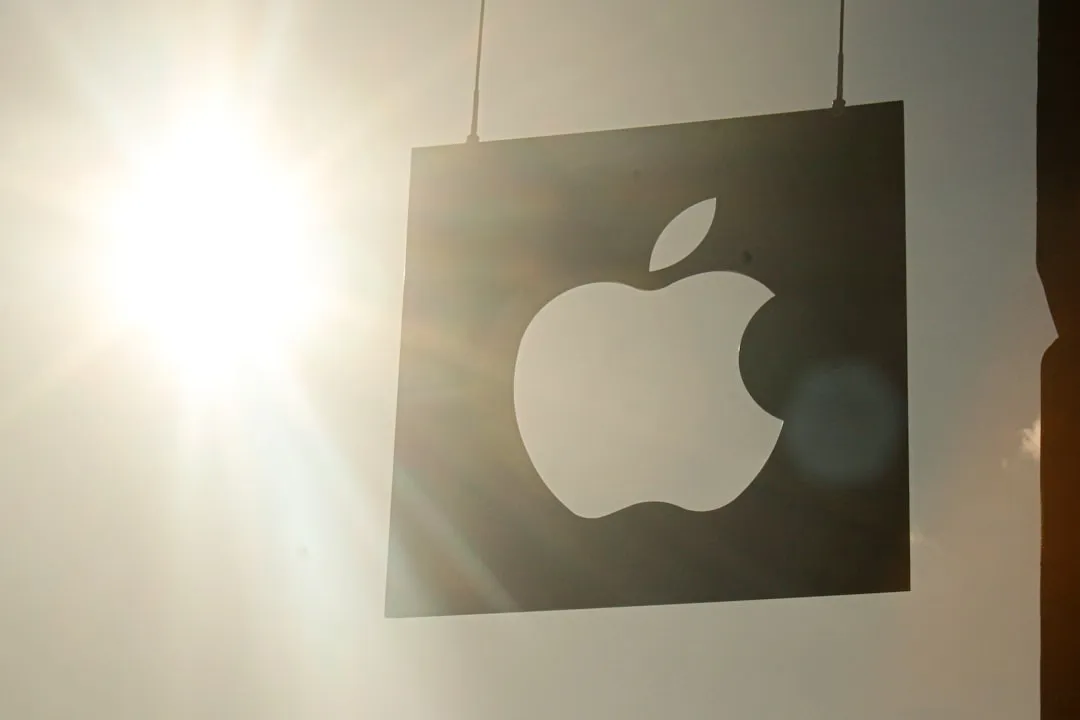
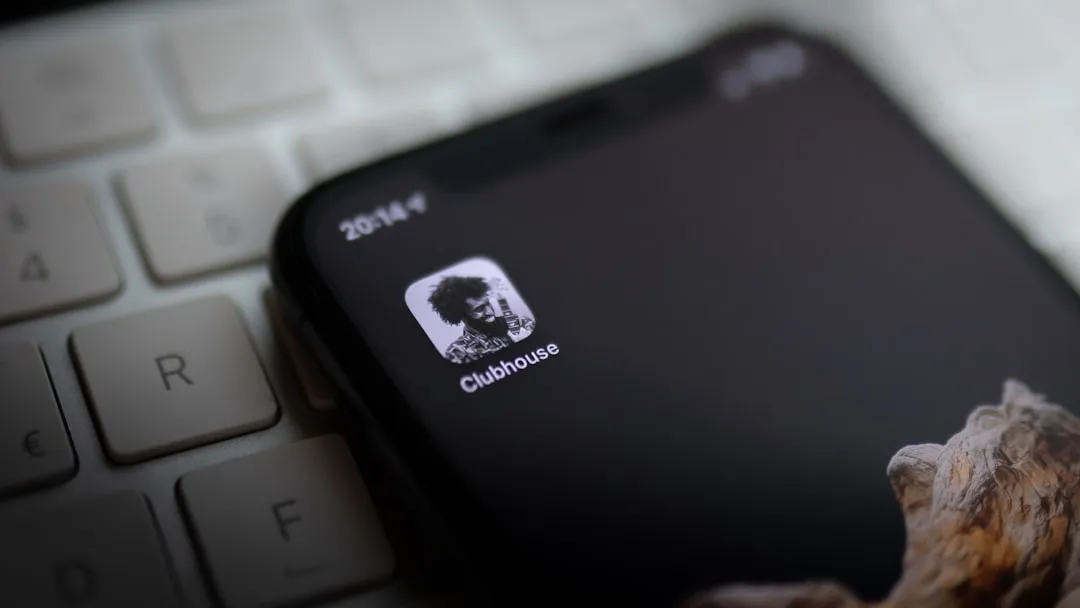
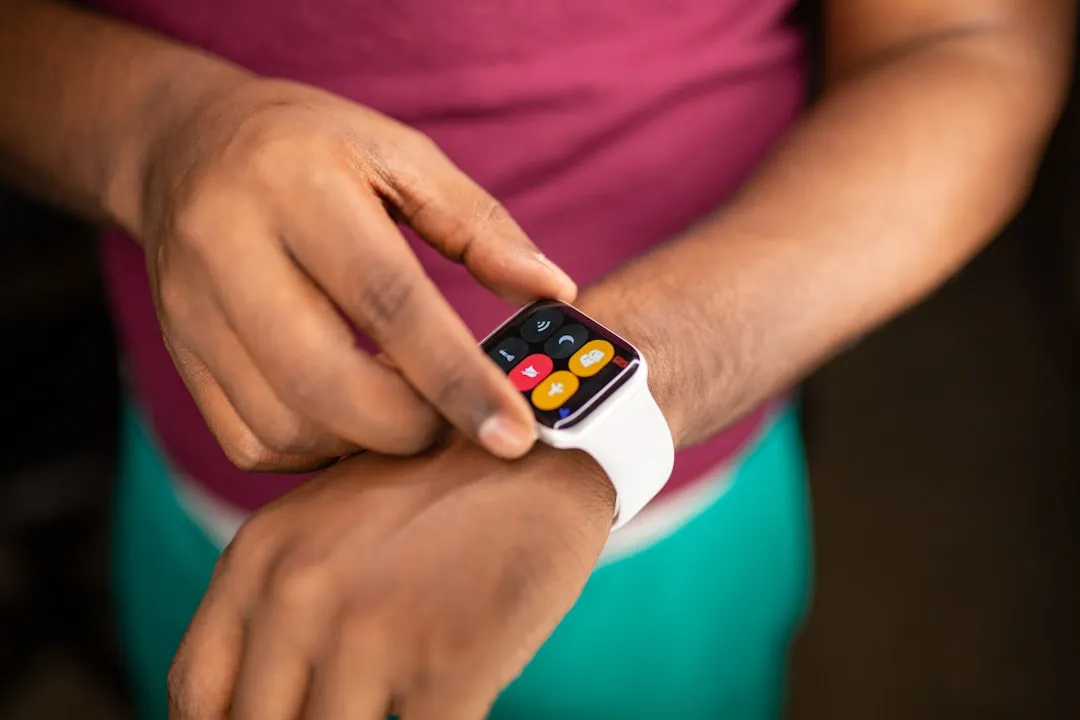
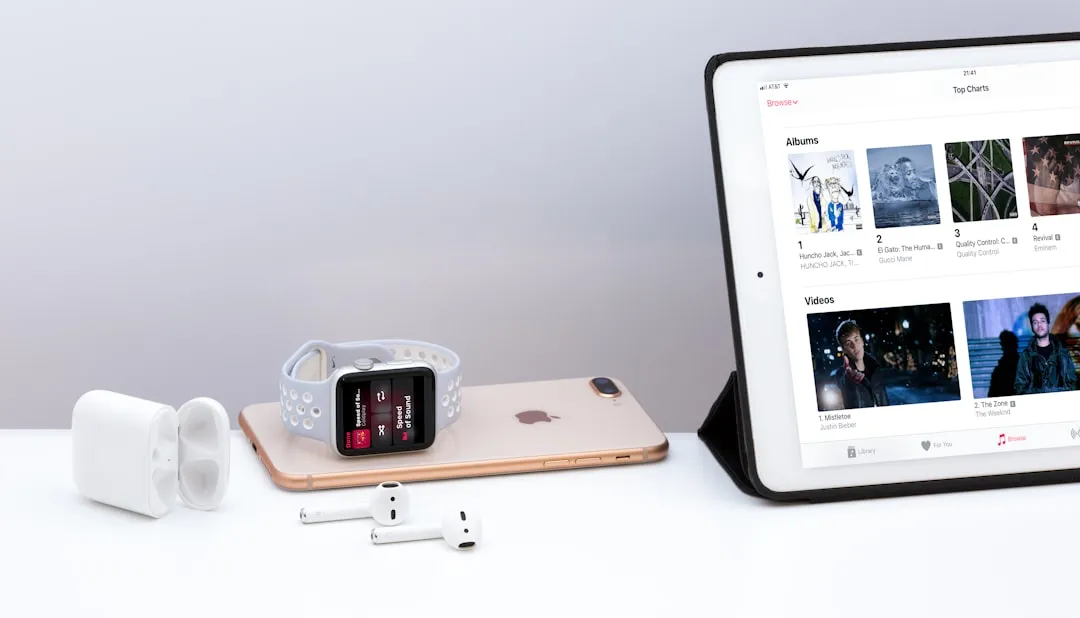
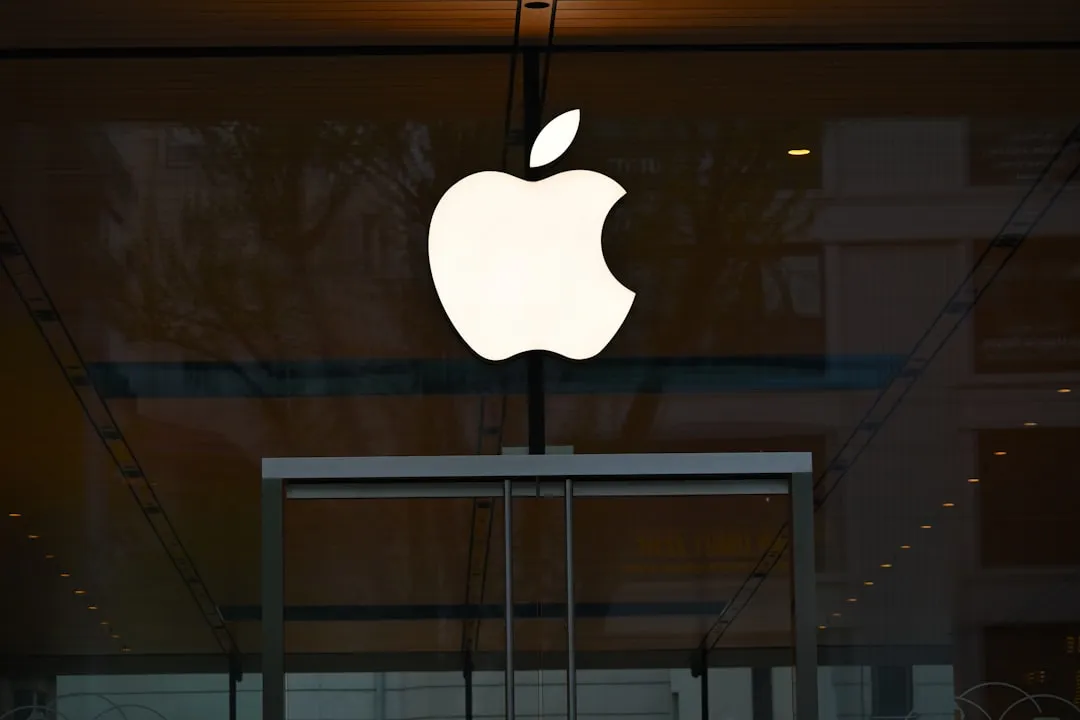

Comments
Be the first, drop a comment!